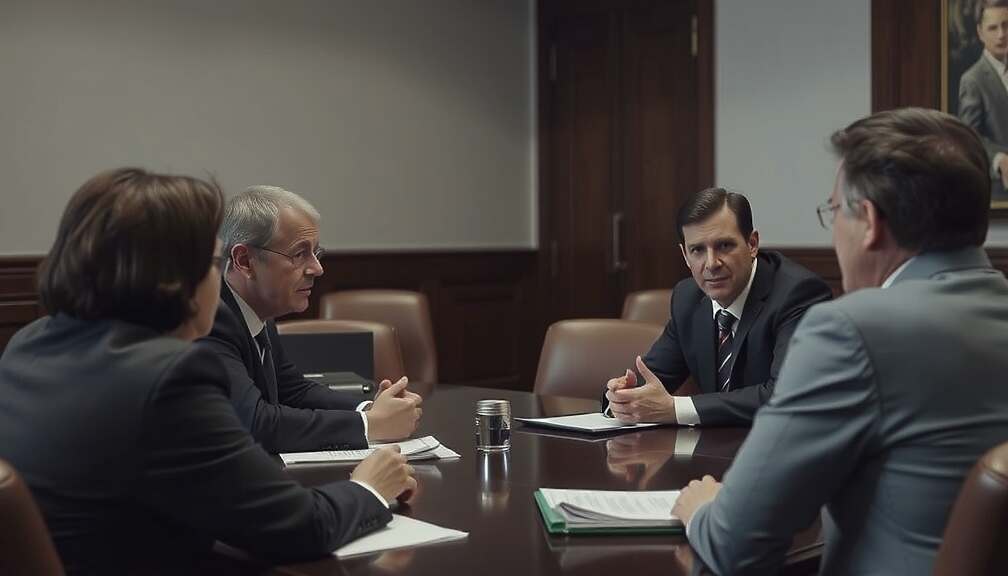The proposal by German Interior Minister Alexander Dobrindt to integrate discussions of war and disaster scenarios into the school curriculum has ignited a contentious debate amongst state education ministers, exposing deep divisions within the governing coalition and raising fundamental questions about the role of schools in a climate of heightened global uncertainty.
Dobrindt’s suggestion, intended to better prepare young citizens for potential crises, has been met with a mixed response from the Länder, revealing a lack of consensus on how, or even whether, to address increasingly complex geopolitical realities within the educational system. While some ministers see merit in the initiative, others vehemently oppose it, warning of undue anxiety and a disruption of the school’s traditional function as a safe and supportive learning environment.
Hessen’s Education Minister Armin Schwarz (CDU) championed Dobrindt’s proposal, citing positive feedback from student bodies and emphasizing the necessity of societal preparedness in “turbulent times”. Baden-Württemberg’s Kultus Ministerin Theresa Schopper (Greens) echoed this sentiment, arguing that early awareness of potential dangers is crucial for equipping young people to act appropriately in crisis situations, a sentiment further reinforced by Schleswig-Holstein’s Education Minister Dorit Stenke (CDU), who argued that student insecurity demands a space for answers within schools.
However, the proposal has drawn strong criticism. Rheinland-Pfalz’s Education Minister Sven Teuber (SPD) expressed reservations, arguing that the introduction of such topics risks instilling unnecessary fear in children and parents, undermining the school’s role as a sanctuary for learning. The President of the Education Ministers Conference, Simone Oldenburg (Left), previously and emphatically rebuked Dobrindt’s suggestions, criticizing what she deemed a fundamental misunderstanding of the tasks of schooling and the work of educators.
The divergent reactions highlight a broader struggle within Germany regarding how to navigate the rising tide of global instability. While the desire to prepare the next generation for unforeseen challenges is understandable, the lack of a unified approach signals a deeper political disagreement concerning the appropriate method and indeed the justification, for incorporating potentially alarming topics into the school curriculum. Critics worry that politically motivated education initiatives risk prioritizing short-term anxieties over the long-term psychological well-being and intellectual development of students. The debate also underscores the delicate balance between equipping young people with the knowledge to understand the world and shielding them from its most unsettling aspects.












